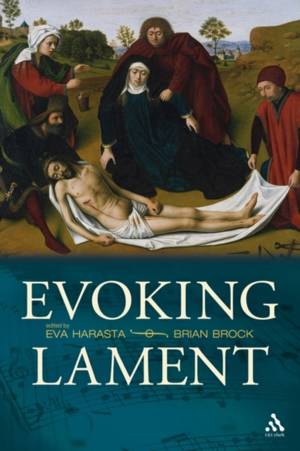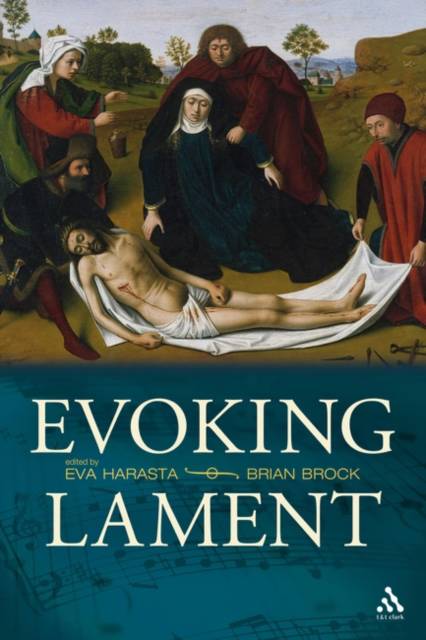
- Afhalen na 1 uur in een winkel met voorraad
- Gratis thuislevering in België vanaf € 30
- Ruim aanbod met 7 miljoen producten
- Afhalen na 1 uur in een winkel met voorraad
- Gratis thuislevering in België vanaf € 30
- Ruim aanbod met 7 miljoen producten
Zoeken
€ 373,45
+ 746 punten
Uitvoering
Omschrijving
Harasta and Brock show how lament seems to introduce notes of mistrust into an otherwise confident relationship with faith, God and His will. In prayer all experiences may be brought to God in openness and trust. Yet lament seems to introduce notes of mistrust into a relationship properly characterized by confident faith in God and His will. Sustained attention to lament presents a challenge to theological reflection in reminding it of the acuteness of the experience of suffering and evil. This volume suggests that a robust concept and practice of lament is an appropriate response to questions of evil and suffering in its refusal to close off questions that cannot and should not be closed. Lament takes place in the eye of the storm of theodicy, and when the distinct content of Christian lament is discovered here the question of theodicy is transformed.
Specificaties
Betrokkenen
- Auteur(s):
- Uitgeverij:
Inhoud
- Aantal bladzijden:
- 240
- Taal:
- Engels
Eigenschappen
- Productcode (EAN):
- 9780567033895
- Verschijningsdatum:
- 9/12/2009
- Uitvoering:
- Hardcover
- Formaat:
- Ongenaaid / garenloos gebonden
- Afmetingen:
- 157 mm x 234 mm
- Gewicht:
- 498 g

Alleen bij Standaard Boekhandel
+ 746 punten op je klantenkaart van Standaard Boekhandel
Beoordelingen
We publiceren alleen reviews die voldoen aan de voorwaarden voor reviews. Bekijk onze voorwaarden voor reviews.








